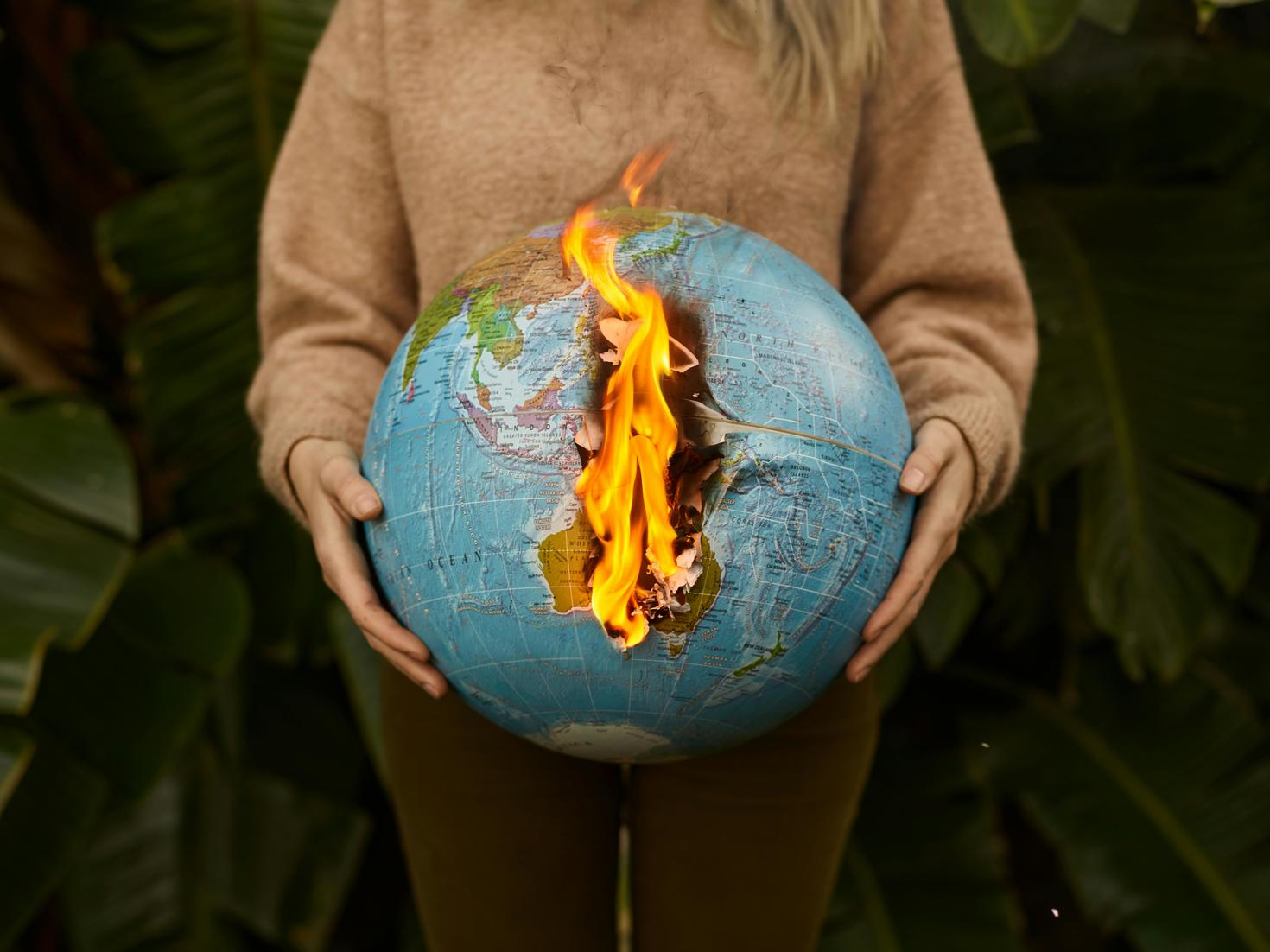The COP30 in Belém, Brazil
Members of the media may directly contact the following experts:
Ian D. Clark(French and English)
Emeritus Professor, Department of Earth and Environmental Sciences, Faculty of Science
Professor Clark's research focuses on groundwater geochemistry and environmental isotopes, addressing topics such as contamination, water resources, and hydrogeology in the Arctic.
"Our environment has much more serious challenges than our CO2 emissions, which are blamed without scientific merit, for many environmental events."
Hossein Bonakdari (English and French)
Associate Professor, Department of Civil Engineering, Faculty of Engineering
Professor Bonakdari’s research bridges AI and climate science to better predict and mitigate environmental disasters.
“COP30 is a defining moment to unite science and global action in confronting how climate extremes are reshaping our landscapes and water systems, threatening the ecosystems that sustain life.”
Tom Baker(English only)
Emeritus Professor, Department of Chemistry and Biomolecular Sciences, Faculty of Science
Professor Baker's expertise includes green and sustainable chemistry, using catalytic science to develop cleaner technologies for hydrogen storage, biomass conversion, fluorocarbon synthesis, and key innovations in the fight against climate change
“Although global solutions for the climate change crisis are not yet broadly available, multidisciplinary research into Climate Change and its potential solutions will continue to generate value across multiple sectors of science, industry and society.”
Ryan Katz-Rosene (English only)
Associate Professor, Political Studies, Faculty of Social Sciences
Professor Katz-Rosene specializes in ecological political economy, exploring how climate policy, sustainable transportation, and environmental governance intersect with global economic structures.
“In the context of the forthcoming COP meeting, I am asking: Is the international community making progress on climate change, or failing? Do the COPs make a difference? How does the US' withdrawal from the Paris Agreement influence climate governance? How bad is climate change likely to get?”
Ousmane Seidou (English and French)
Full Professor, Civil Engineering, Faculty of Engineering; Director, hydraulics Lab; Co-chair, water committee, International Platform on Adaptation metrics (IPAM)
Professor Seidou develops hydrological models and decision-support tools to assess climate-related risks and guide water resource adaptation strategies, with a focus on vulnerable communities in Canada and the Global South.
“COP30 could finally bring structure and momentum to climate adaptation, with the potential adoption of 100 adaptation metrics set to guide progress and direct resources where they’re needed most.”
Giuliano Reis (English and French)
Associate Professor, Faculty of Education & Institute of the Environment
Professor Reis focuses on environmental education and the socio-scientific dimensions of the Anthropocene, using community-based learning to foster climate awareness and action.
“Unfortunately, since the first COP in 1995, very little seems to have ben accomplished in concrete terms: Climate Change continues to be increasingly present in our lives.”
Céline Delacroix (English and French)
Adjunct Professor, Interdisciplinary Health Sciences, Faculty of Health Sciences
Professor Delacroix’s research focuses on analyzing how the linkages between family planning, population growth, and environmental sustainability are perceived and could be harnessed to strengthen reproductive rights and improve environmental sustainability.
The book 30 Climate COPs Later - Stories from Canadian Participants presents reflections and a critical analysis of the last three decades of global negotiations on climate change. It will be presented at the COP in Brazil.
It is edited by Thomas Burelli, Alexandre Lillo, Lauren Touchant, Lynda Hubert Ta, and Elie Klee, and published by the University of Ottawa Press.
